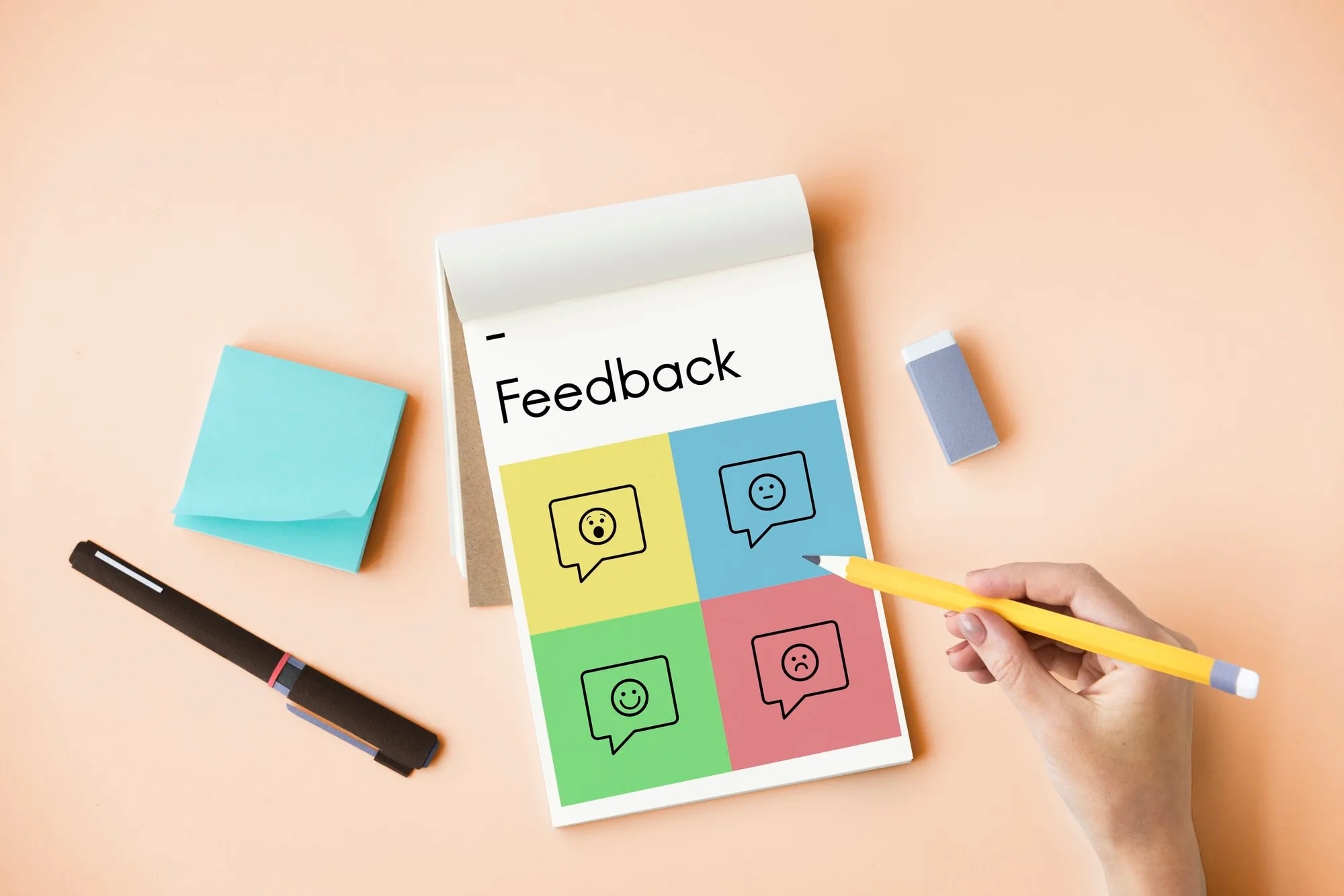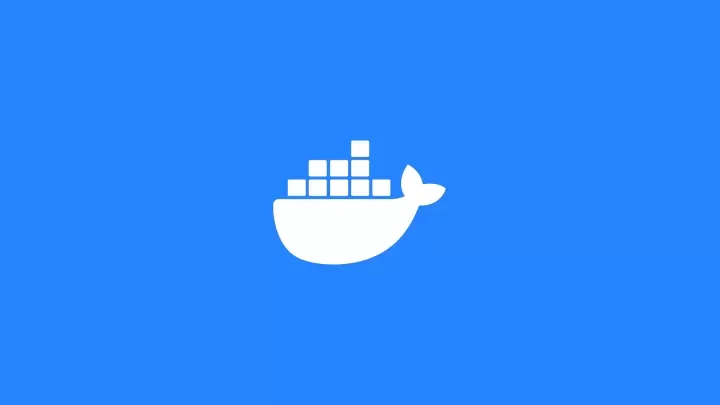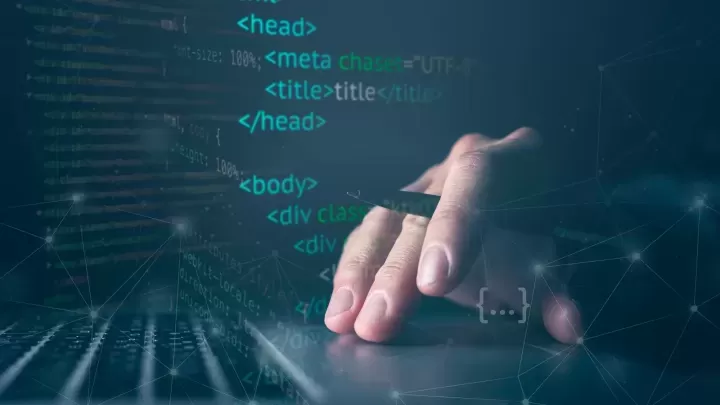
A Journey of Learning and Growth
As a developer, the quest to become better is not just a goal but a way of life. In this article, we'll delve into the key strategies and mindsets that can help you evolve into a more proficient, versatile, and sought-after developer.
Becoming a skilled developer involves a journey of continuous learning and growth. To excel in the rapidly evolving field of software development, several strategies are essential:
1. Embrace Lifelong Learning:
The world of technology evolves rapidly, and staying up-to-date is crucial. Dedicate time to learning new languages, frameworks, and tools. Online courses, coding bootcamps, and conferences can provide invaluable insights and keep your skills sharp.
2. Master the Fundamentals:
A solid grasp of programming fundamentals is the foundation of excellence. Understand data structures, algorithms, and design patterns. Mastery of these basics equips you to solve complex problems efficiently.
3. Practice Consistently:
Just like any skill, consistent practice is key to improvement. Regular coding exercises, challenges, and personal projects not only hone your skills but also encourage creative thinking.
4. Collaborate and Seek Feedback:
Working with others exposes you to different approaches and perspectives. Collaborative environments help you learn, adapt, and contribute to projects that reflect real-world scenarios. Embrace feedback as an opportunity to refine your code and expand your knowledge.

5. Embrace Problem-Solving:
Software development is essentially problem-solving. Approach challenges with curiosity and patience. Break down problems into manageable components and gradually assemble the solution.
6. Write Clean and Readable Code:
Writing code that is clean, well-structured, and readable is a hallmark of a skilled developer. Follow coding conventions, use meaningful variable names, and comment on your code where necessary.
7. Learn from Mistakes:
Mistakes are inevitable, even for experienced developers. Instead of fearing failure, embrace it as a stepping stone to improvement. Analyze what went wrong, learn from it, and integrate those lessons into your workflow.
8. Explore New Paradigms:
Venture beyond your comfort zone. Experiment with different programming paradigms (like functional programming) or languages. This broadens your horizons and introduces new ways of approaching problems.
9. Teach Others:
Explaining concepts to others helps solidify your own understanding. Whether through mentoring, blogging, or giving talks, teaching enables you to refine your communication skills and share knowledge.

10. Contribute to Open Source:
Open-source projects offer an opportunity to collaborate with a global community and work on impactful projects. Contributing helps you gain experience, receive feedback, and give back to the developer community.
11. Stay Humble and Curious:
Technology is vast, and no one knows it all. Approach each project with humility and an eagerness to learn. The ability to adapt and acquire new skills will set you apart.
12. Balance Depth and Breadth:
While specialization has its merits, a well-rounded skill set makes you adaptable. Strive for depth in a specific area while maintaining a breadth of knowledge across various technologies.
Conclusion:
Becoming a better developer is not a destination but a continuous journey. It's a commitment to growth, learning, and embracing the ever-changing landscape of technology. By cultivating a hunger for knowledge, practicing consistently, and fostering a collaborative mindset, you pave the way for a rewarding career that's both fulfilling and impactful. Remember, the journey is as important as the destination, and each line of code you write is a step toward becoming the best developer you can be.





